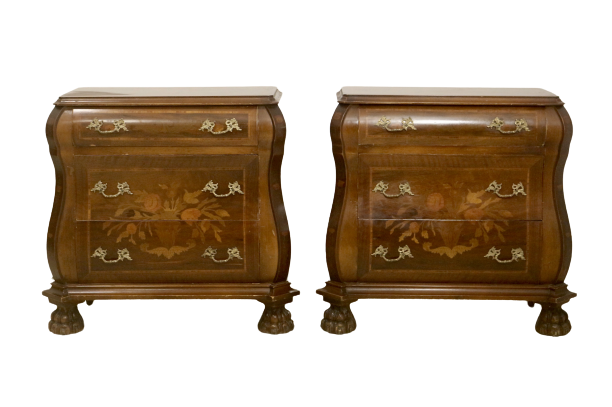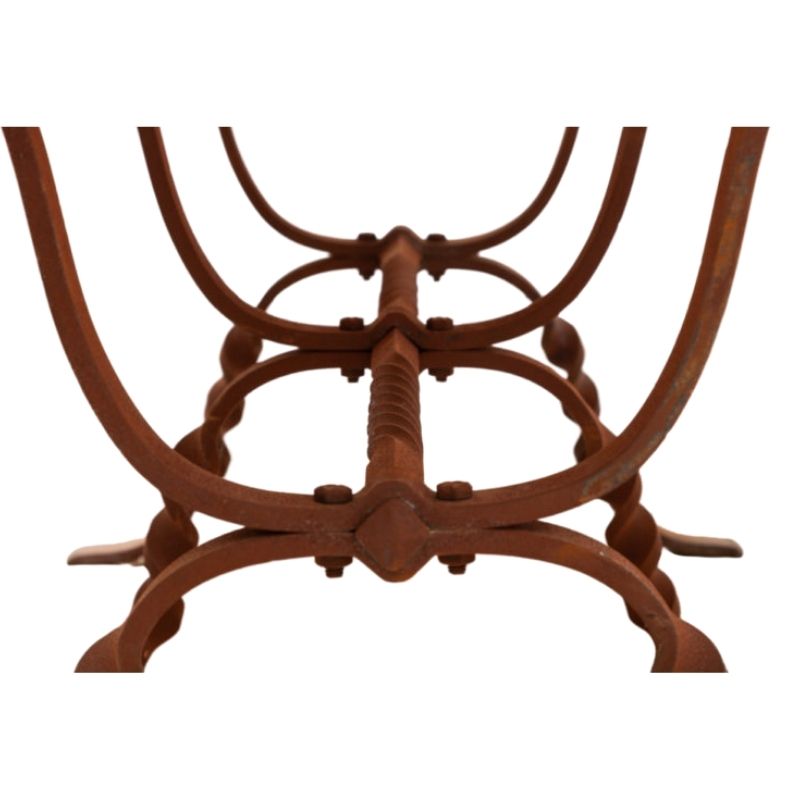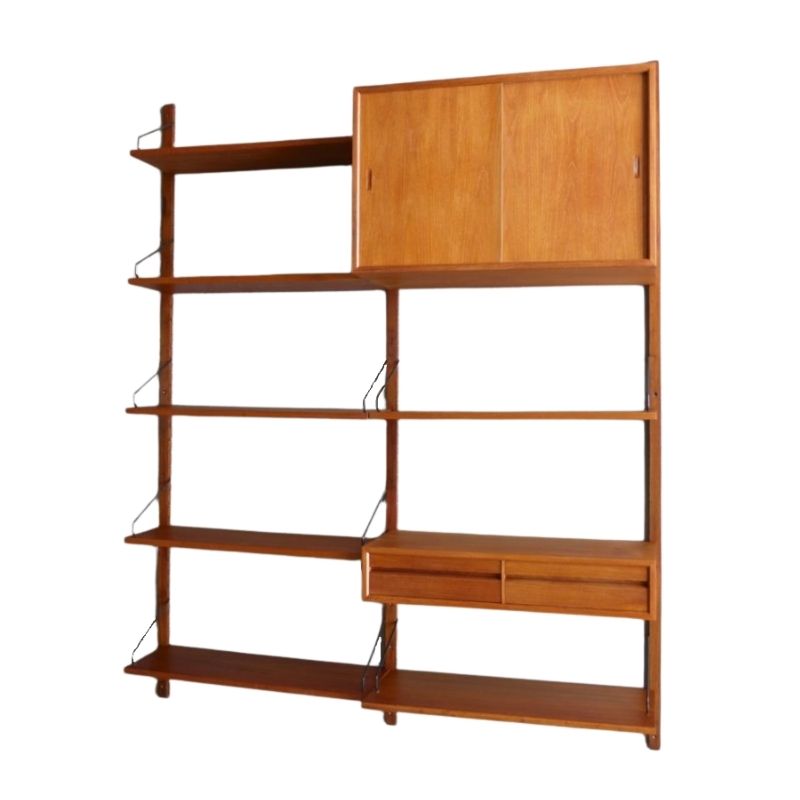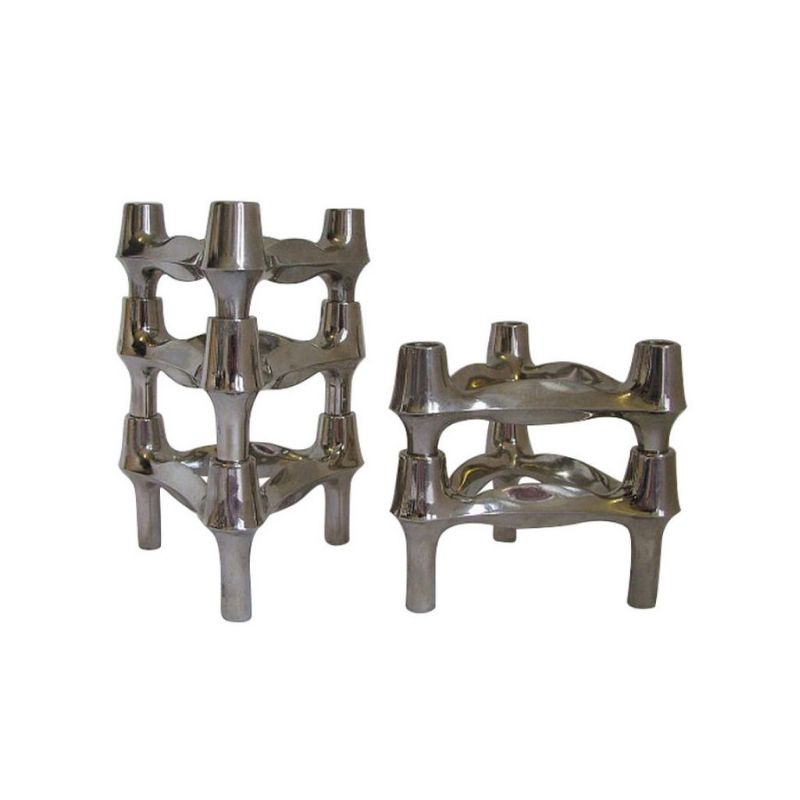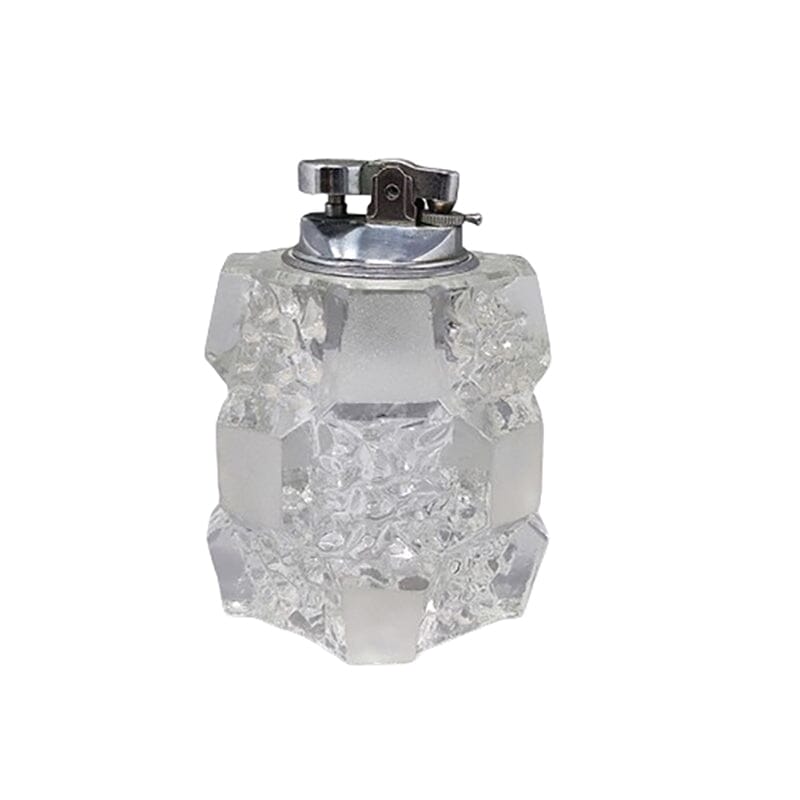Hello, I am confused with this wood identification, please help me.
This gentleman's chest by Falster in Denmark was sold as teak, but when I see in person, it looks walnut to me.
Maybe possibly afromosia?



Hard to tell from these pictures. To me it looks like teak but it’s hard to capture the difference in tone in a photo.
I’ll also say that the design looks like late 50s or so and teak would have been the no. 1 go to option back then for everybody. I know that some cabinetmakers did occasionally use walnut at that time but factories? It’s certainly not impossible but anything but teak seems unlikely. (As it’s obviously neither oak nor rosewood)
"People buy a chair, and they don't really care who designed it." (Arne Jacobsen)
Yes, this chest is probably from the late 1950s. The first photo which shows the darkest tone is the closest tone. The third photo shows lighter tone than the one I see with my eyes. Thank you for your insight Herringbone. I appreciate your information.
Here is one more photo. This might help?!

@yuki-french0117gmail-com Hmmm, looks very dark indeed. Maybe @cdsilva has an idea?
"People buy a chair, and they don't really care who designed it." (Arne Jacobsen)
Definitive identification requires magnification and comparison to known examples. Teak lumber varies widely in both color and grain depending on variety and growing location/conditions. How it's milled can make a difference and long-term UV exposure can also alter appearance.
The chest pictured displays nicely figured and carefully matched grain patterns and appears in good overall (possibly refreshed) condition. Whether teak or not wouldn't matter nor affect value, IMO. Both are considered premium furniture-grade hardwoods.
FWIW, it looks like teak to my eye.
Thank you @tktoo2 for your information. Wow, it needs magnification to identify a wood.. but it makes sense.
This dark color of more than 60 year old teak wood was hard to understand to me, but when I consider teak wood has wide varieties in color and grain and can be from different locations/conditions, now I can digest this fact a little better.
Yes, this chest has beautiful matched wood grain, I am happy either walnut or teak. I think I am going to list (yes, I cleaned and did some minor fix) as teak mentioning darker color in the description.
Thank you so much for your help. It's great to learn from you all!
Hello, I am confused with this wood identification, please help me.
This gentleman's chest by Falster in Denmark was sold as teak, but when I see in person, it looks walnut to me.
Maybe possibly afromosia?
Rosewood. Open book or butterfly pattern with veneers. It's been sanded and oiled which has made it look red as it's exposed fresh wood. Unfortunately, sanding veneers permanently damages them and they always look a little gray and red and blotchy thereafter.
Ditto what tktoo said.
The one additional tip I learned from Zephyr is that on very close-up viewing, teak has squiggly canal line patterns, while walnut has straight canal lines.
@swellmel, thank you for your comment. I am not sure if this is rosewood. I've had several pieces of rosewood furniture, and the dark line of rosewood is significantly dark. This chest doesn't have that level of dark lines/grain. I did not sanding on this chest, just cleaned up the surface. I am not sure if previous owner has done any sanding.
@cdsilva, I will remember that teak has squiggly canal line patterns, and walnut has straight canal lines. I just took super close look on the chest and other teak furniture. They do have similar canal lines. I took super close look at a walnut table as well, but I couldn't tell the difference.. I think I need more practices or better examples. I will keep that in mind as I come across more furniture. Thank you for your info!
I have the same gentleman's chest, mine is a little lighter and is definitely teak. I think this was refinished and a darker stain was applied which makes it look a little more walnut like. ... my 2¢
If you need any help, please contact us at – info@designaddict.com




